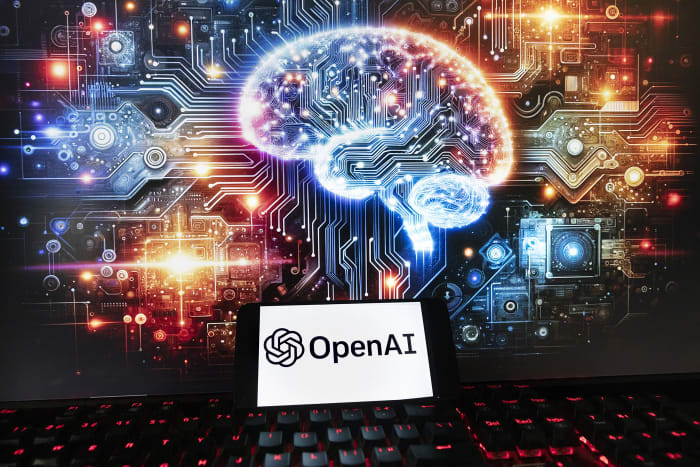In the previous posts, the focus was on the distinguished guests from the prior week. Now, let’s shift our attention to the happenings in our Thursday class.
Commencing with the directive from Professor Ramesh Raskar to explore specialized industries, the class was assigned the task of compiling a list, including but not limited to:
- Immigration
- Procurement in manufacturing
- Modeling for risk insurance
- Organization of railcars
- Provision of veterinary services
Following this, the discourse veered towards the prevailing challenges at hand.
Ramesh raised a thought-provoking question, “At times, the data is veiled. How can we surmount this hurdle?”
He introduced the notion of “centralized” AI, elucidating with an instance of an individual with a medical condition seeking geographic care. Collaboratively with the class, he pinpointed four crucial hurdles: privacy, accessibility of data, incentivizing data contributors, and interpretability.
In the realm of privacy, Ramesh contemplated potential models akin to platforms like Google Maps and Waze, where a delicate balance exists between disclosing personal data and utility.
“Is it feasible to achieve both privacy and utility concurrently?” he pondered. “Resolving this dilemma could potentially tackle a myriad of global challenges spanning health, climate, transportation, agriculture, logistics, HR, and even democracy.”
Distinguishing between personal privacy and matters of national security, Ramesh shared a captivating anecdote about USSR spies surveilling Pentagon pizza orders.
“In the broader spectrum, individual privacy holds minimal significance,” he remarked. “The crux lies in safeguarding trade secrets or national security interests, as there are entities eager to acquire such data.”
He wrapped up the initial segment of the lecture by emphasizing the significance of surmounting privacy-related obstacles to unlock AI’s potential across diverse sectors, thereby fostering innovations that contribute to the global GDP.
Transitioning to the subsequent segment, Ramesh delved into subjects such as anonymization, obfuscation, encryption (specifically homomorphic encryption), differential privacy, federated learning, and split learning. He also touched upon the trade-offs between privacy and utility, the necessity of scalability, and the entrepreneurial opportunities in this sphere.
The presented use cases were notably captivating, encompassing:
- Development of a decision support system for first responders, integrating AR designs to assist emergency response teams
- Provision of immigrant aid through chatbots to streamline intricate immigration form submissions
- Promotion of financial inclusion in emerging markets, with a focus on enhancing financial access for small businesses and marginalized entrepreneurs in regions like Africa
- Initiatives for reskilling the workforce to address the repercussions of automation on labor
- Innovative government project management solutions like a “copilot” system for project planning and issue resolution
Moreover, active engagement was underscored, with Dave Blundin urging students to actively participate and exchange ideas to enhance communication skills proficiently.
Ramesh stressed the significance of posing insightful questions, offering invaluable guidance for personal and professional advancement.
Finally, former MIT Media Lab advisor Andy Karsner, now a senior strategist at Alphabet, joined the conversation. Characterizing MIT as the “imagination factory,” he accentuated the prevalent focus on AI in ongoing endeavors. His extensive background in both government and the private sector underscores his profound insights in the domain.
These encapsulate the salient highlights from our recent class session. Anticipate more updates in the forthcoming week!










